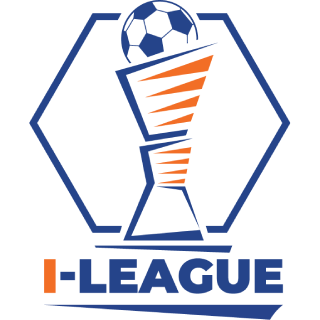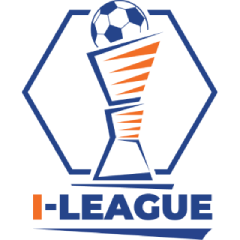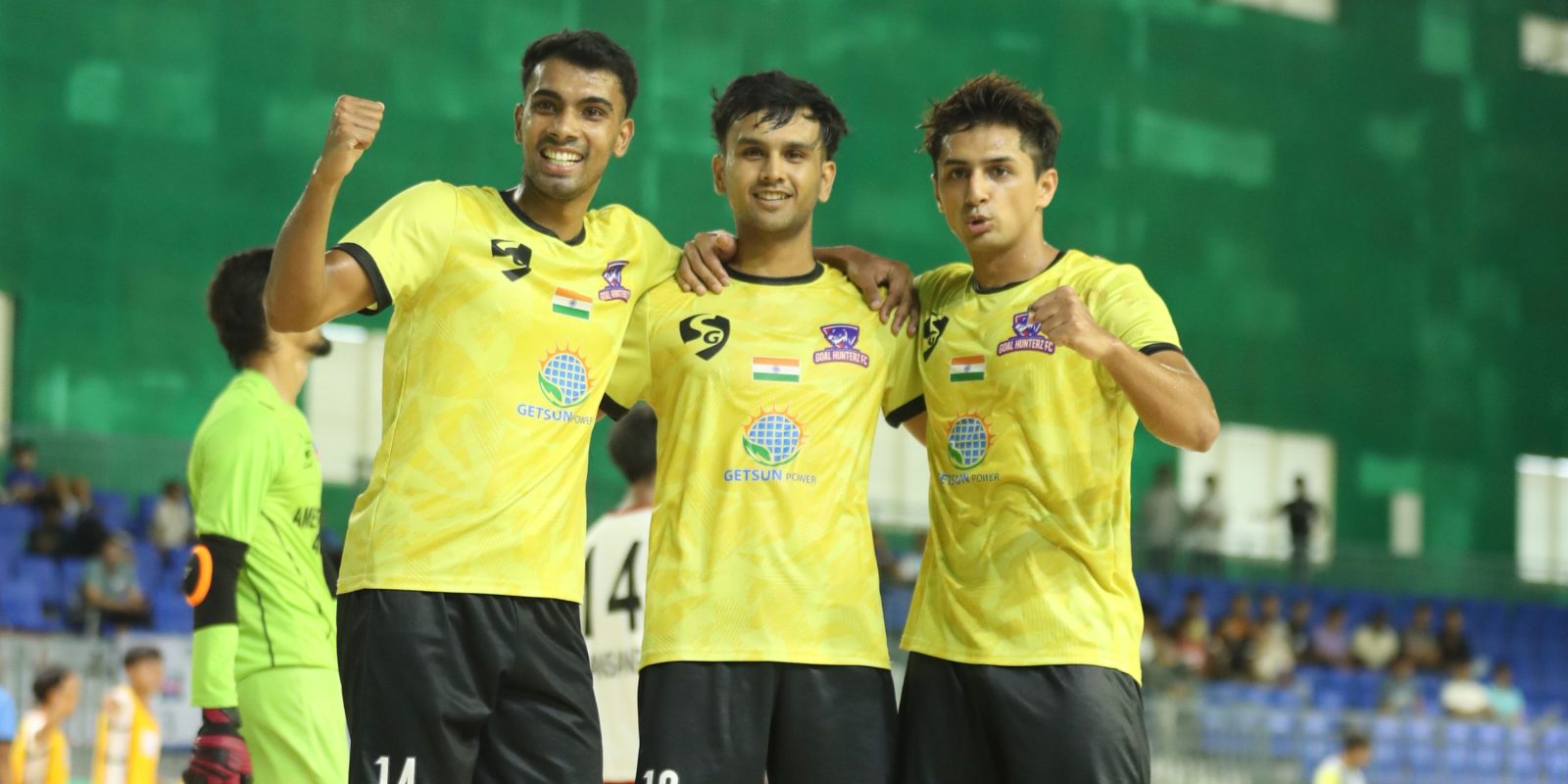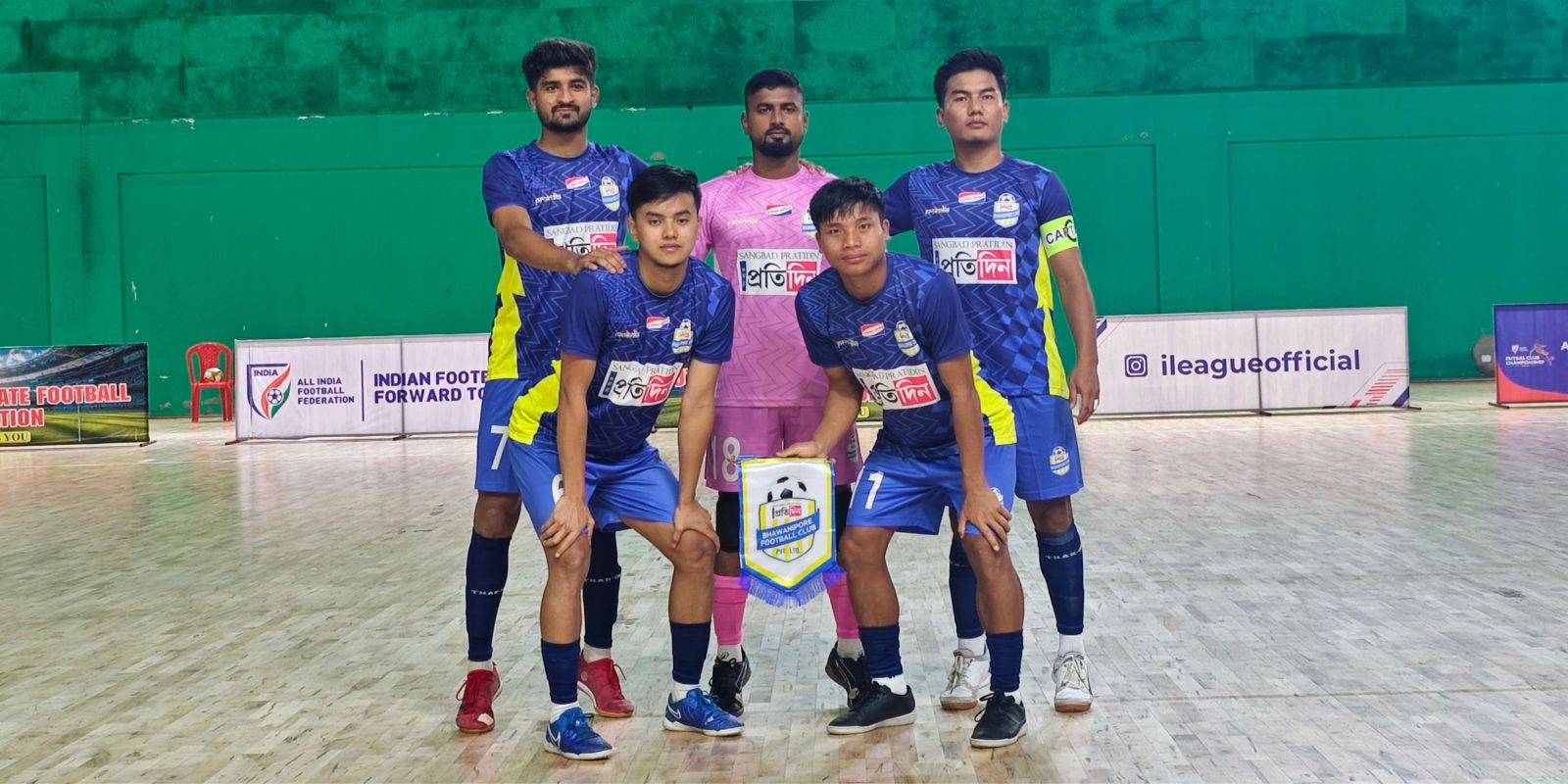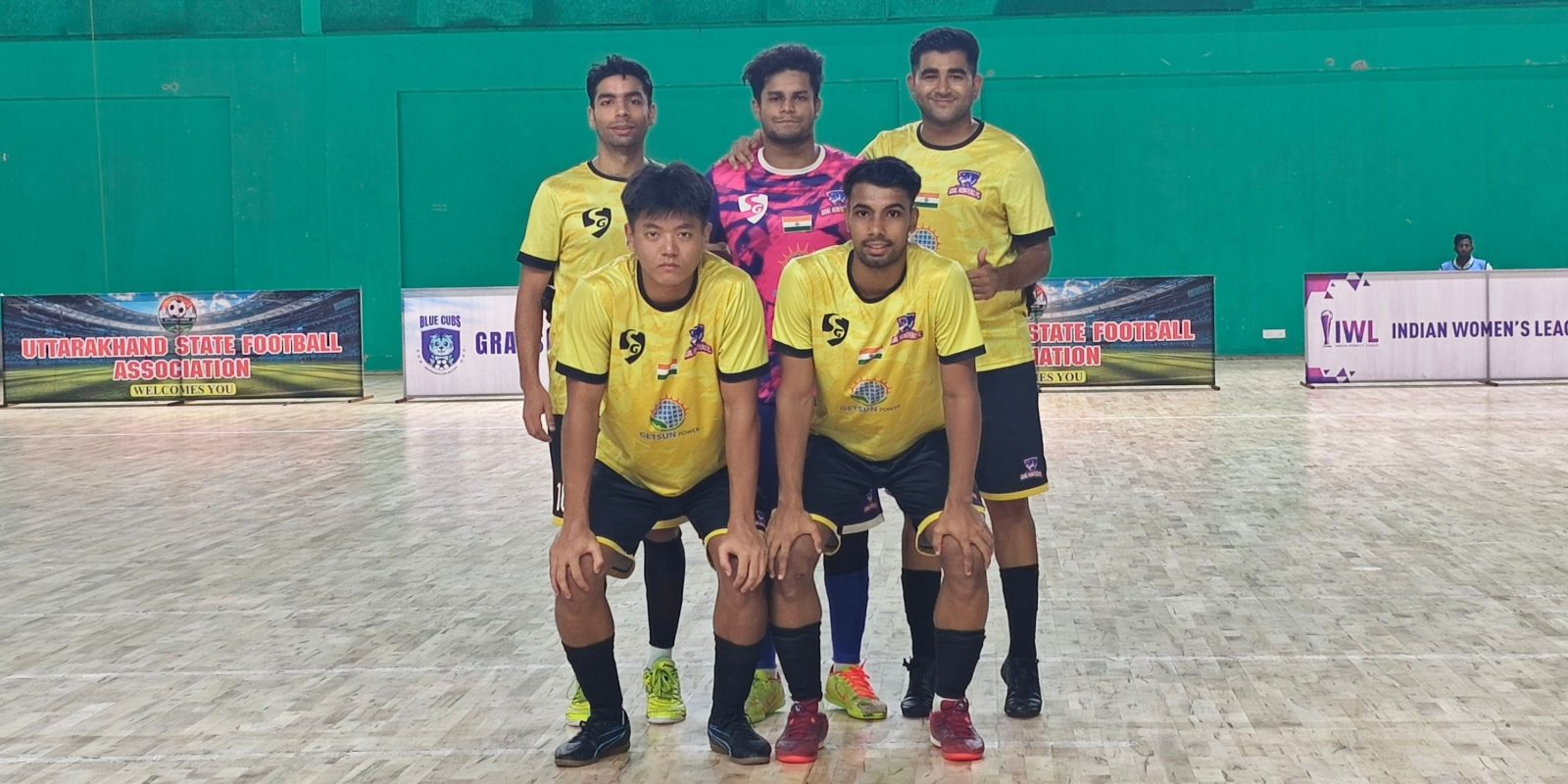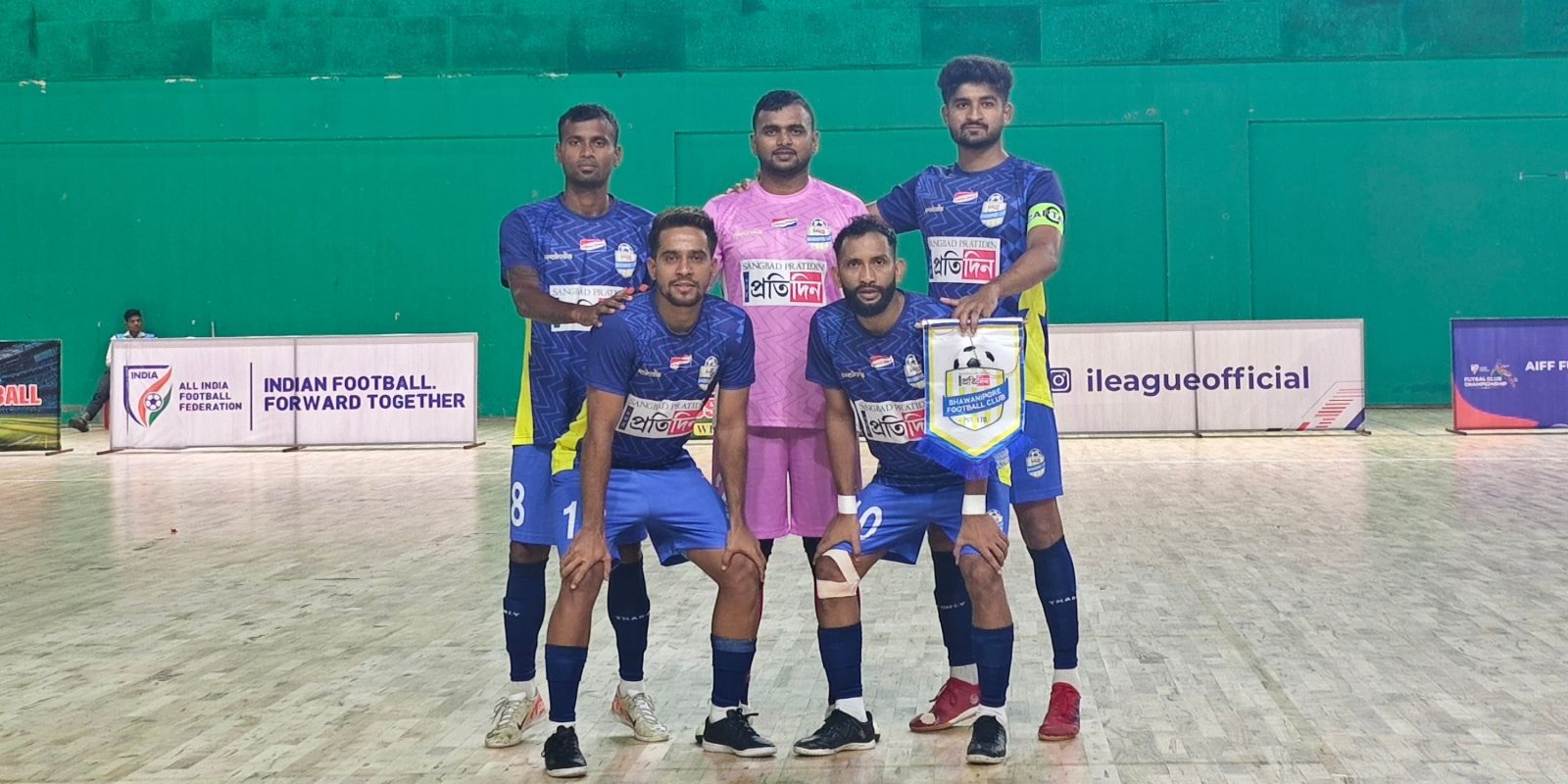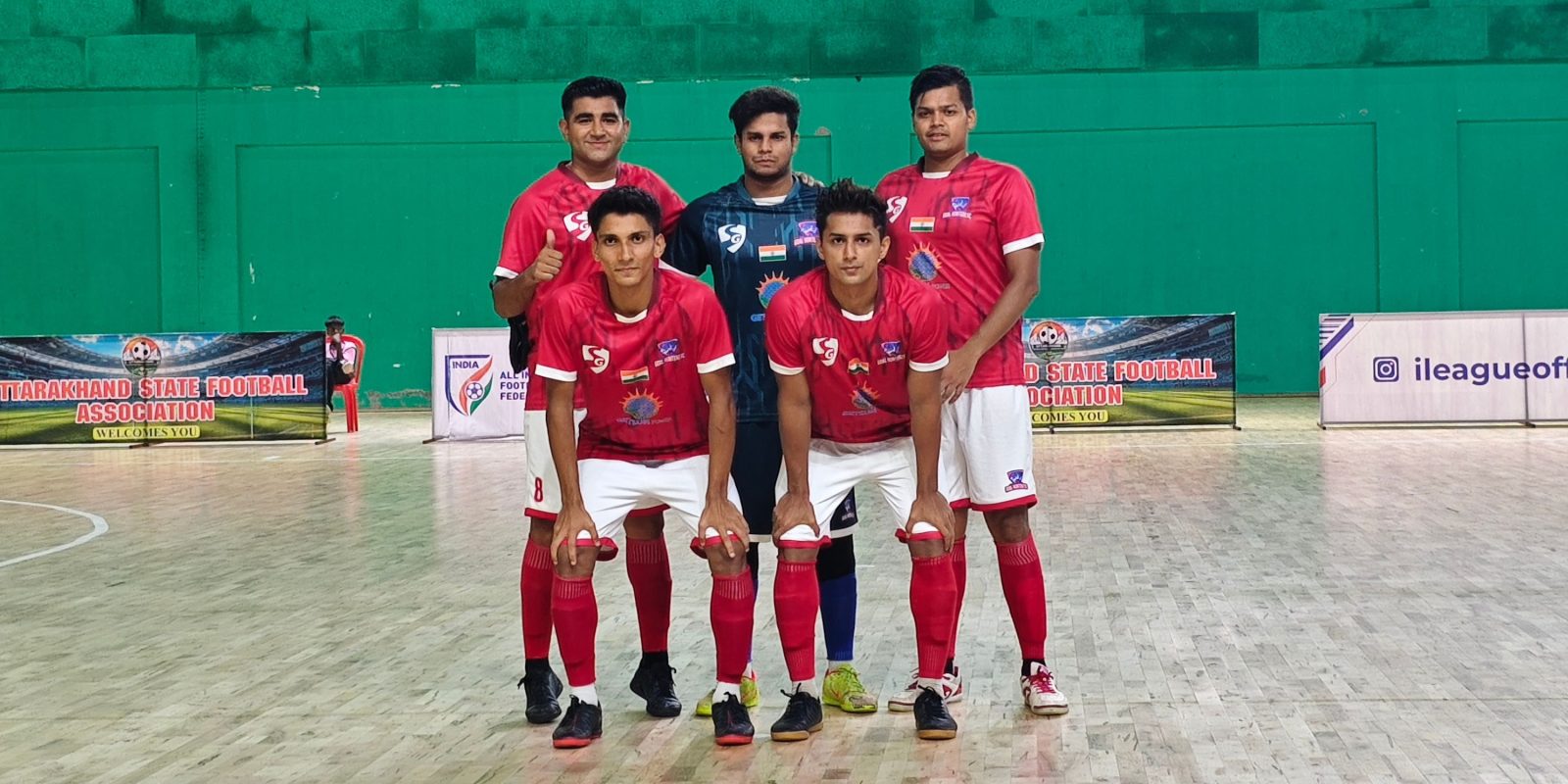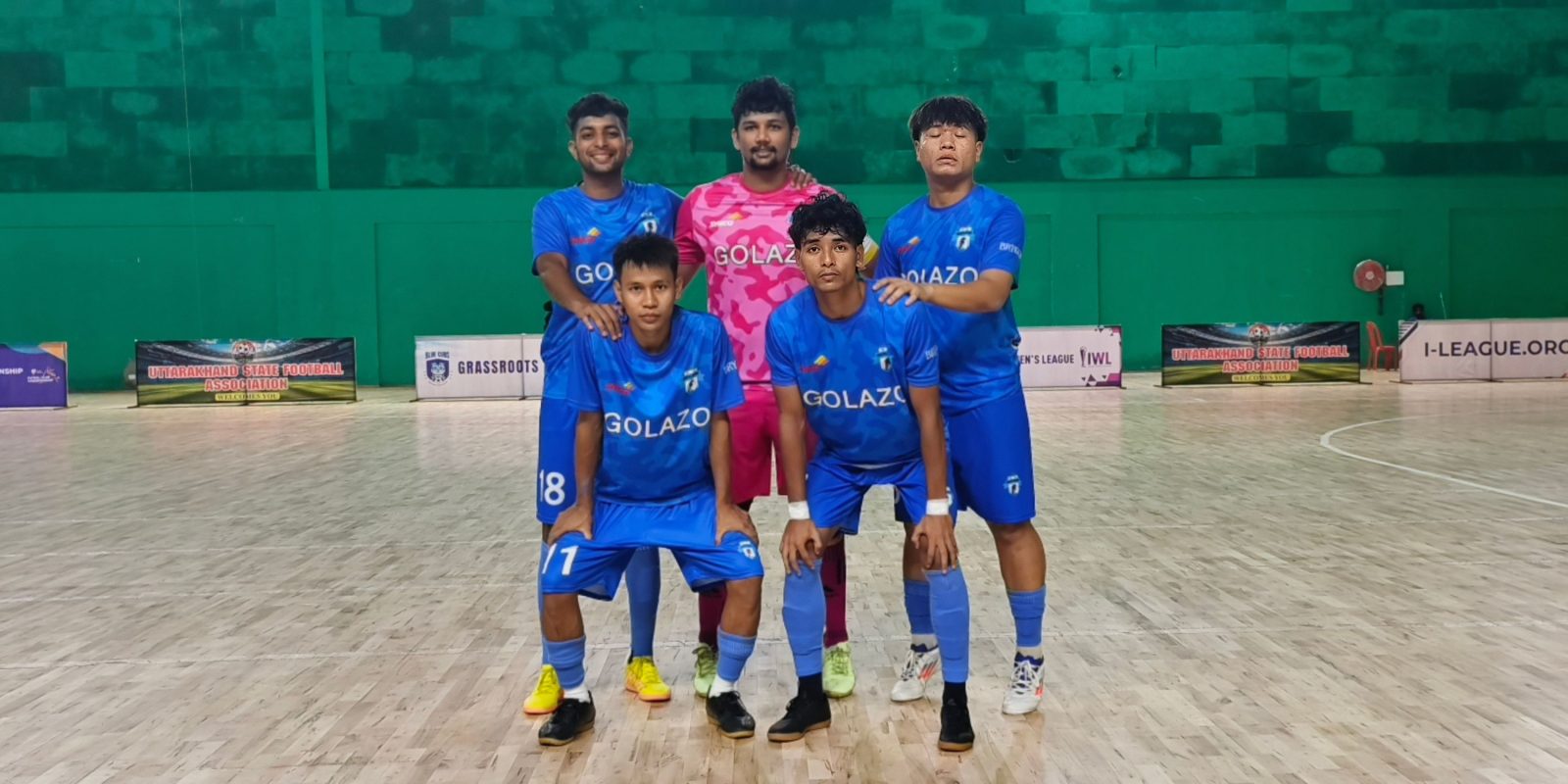By Nilanjan Datta,
AIFF Media Team
NEW DELHI: Joydeep Mukherjee, Secretary, Indian Football Association, who has been leading the LOC (Local Organising Committee) in the ongoing Hero I-League Qualifiers 2020 – the first live sporting event in India post the COVID pandemic lockdown – feels “it’s not over till it’s over.”
In a freewheeling interview, Mukherjee speaks at length about what prompted him to accept the challenge of hosting the tournament, the unique challenges under the ‘new normal,’ the sanitising procedure, the learnings, and much more.
EXCERPTS:
You have been closely associated with the operational activities. What have the learnings been so far?
Arranging everything for all the five participating teams in one hotel and catering to their requirements is in itself a big challenge on any day. And here, we are ensuring all of that under the COVID bubble.
But it’s not over till it’s over. We have completed two match-days, and three remain. Till all the teams have not departed the team hotel, we have to be on our toes. Of course, having worked with the League department and media department prior in other competitions, the bonding has been excellent.
The fact that the first-ever sporting event was organised in Kolkata and Kalyani post the COVID pandemic lockdown – no one will ever be able to take the credit away from us.
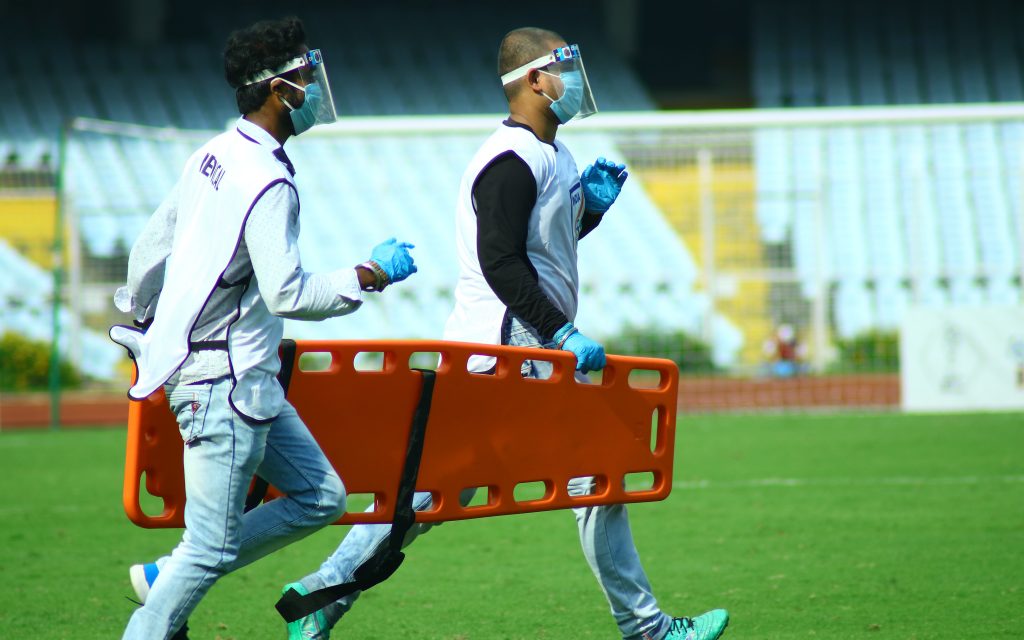 Under the current circumstances, how did you back yourself to conduct the Hero I-League Qualifiers simultaneously in Kolkata and Kalyani?
Under the current circumstances, how did you back yourself to conduct the Hero I-League Qualifiers simultaneously in Kolkata and Kalyani?
The number of tournaments which are organised and played all throughout the year is quite unique in our state. But football in Bengal has always been up to the challenge. Infrastructure-wise, we are very much developed – having hosted several tournaments of various magnitudes in the recent past. So when the opportunity came to organise the first-ever sporting competition in India post the lockdown, we immediately accepted it.
If we don’t have the capacity to enact the challenge as an organisation and if as the leader of my organisation I can’t lead it – there’s no reason for all of us to remain at the helm for the sake of just being there.
How unique is this a challenge for the IFA and Indian Football overall?
Under normal circumstances, it would have been different. But under the ‘new normal’ with all these stringent COVID restrictions in place – both within and outside the bubble, it’s an entirely unique concept of match operations.
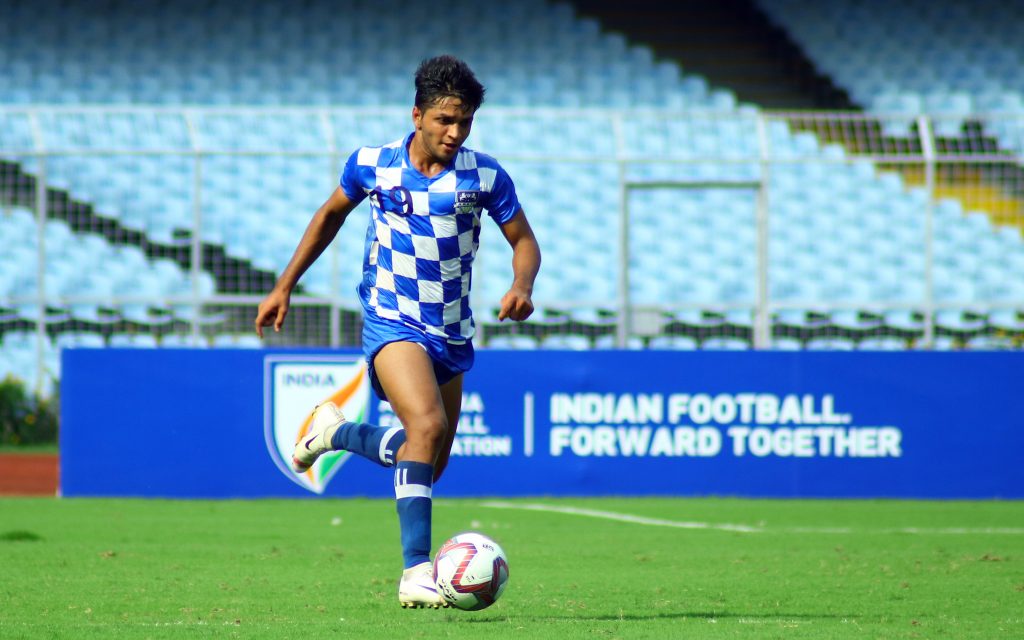 Can you elaborate?
Can you elaborate?
There are 16 staff, including seven with a sports management background working relentlessly at the two venues, i.e., in Kolkata and Kalyani. Everything is being sanitised – right from the goalposts to the dugouts to the dressing rooms, team buses, cars for officials, etc.
The dressing rooms, for example, are being sanitised two hours prior to the practice sessions, and six hours prior to the kick-off on match-day, and then they are sealed. For each team, we needed to have proper practice grounds, with well-sanitized dressing rooms – and all of them have been successfully arranged.
What about the team buses?
The team buses have been stationed at the team hotels, and the drivers and the helpers are staying in a nearby hotel. We didn’t want to take any risk by letting the drivers go back to their homes and park the vehicles in their garages.
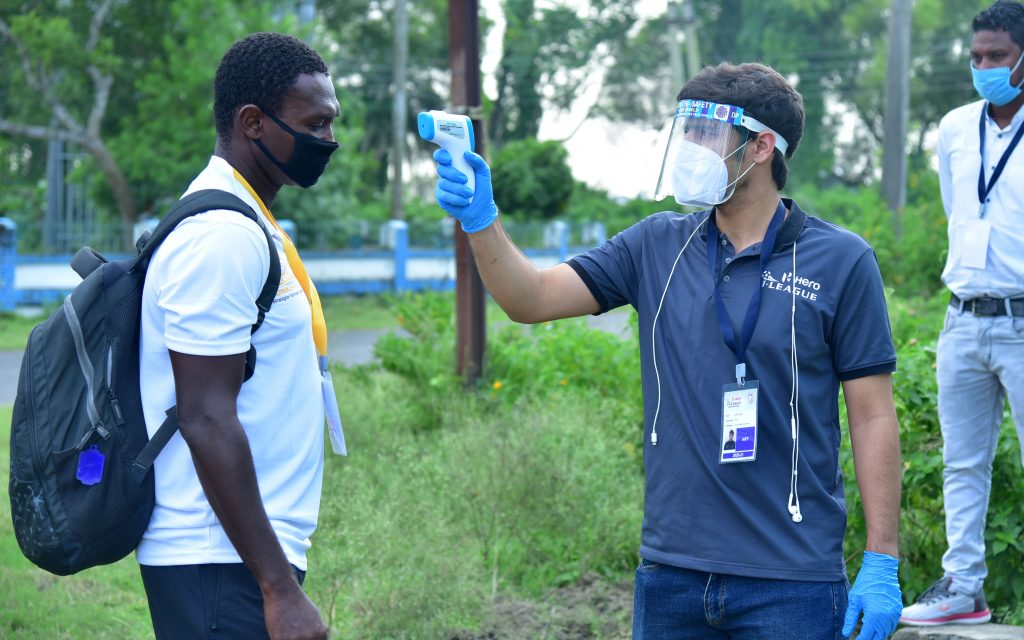 Are the drivers also being tested?
Are the drivers also being tested?
Absolutely — there have been and will be further COVID tests for all of them.
Even at the ground, the ball boys are maintaining distance by standing way back, wearing gloves, face shields, sanitising the balls every time they are touching it, and then placing the balls on the cones stationed near the lines.
In our effort to make it foolproof, all the ball boys are over 18. So, that’s a distinct shift from our regular protocol of having our academy boys as ball boys, which is a norm all over the world.
This is a dress rehearsal for the Hero I-League to be held later on in the year. Will that be a bigger challenge?
The number of teams in the Hero I-League – all being housed in more number of hotels, more practice venues, and more match venues will obviously be a much bigger challenge. The learnings from the qualifiers will need to be put into sync to execute the best operational practices.
We need to sustain the success of the initial days of the Qualifiers all throughout the tournament and better it during the Hero I-League. We are confident that Bengal can host any tournament at any point of time and in any situation.

 Under the current circumstances, how did you back yourself to conduct the Hero I-League Qualifiers simultaneously in Kolkata and Kalyani?
The number of tournaments which are organised and played all throughout the year is quite unique in our state. But football in Bengal has always been up to the challenge. Infrastructure-wise, we are very much developed – having hosted several tournaments of various magnitudes in the recent past. So when the opportunity came to organise the first-ever sporting competition in India post the lockdown, we immediately accepted it.
If we don’t have the capacity to enact the challenge as an organisation and if as the leader of my organisation I can’t lead it – there’s no reason for all of us to remain at the helm for the sake of just being there.
How unique is this a challenge for the IFA and Indian Football overall?
Under normal circumstances, it would have been different. But under the ‘new normal’ with all these stringent COVID restrictions in place – both within and outside the bubble, it’s an entirely unique concept of match operations.
Under the current circumstances, how did you back yourself to conduct the Hero I-League Qualifiers simultaneously in Kolkata and Kalyani?
The number of tournaments which are organised and played all throughout the year is quite unique in our state. But football in Bengal has always been up to the challenge. Infrastructure-wise, we are very much developed – having hosted several tournaments of various magnitudes in the recent past. So when the opportunity came to organise the first-ever sporting competition in India post the lockdown, we immediately accepted it.
If we don’t have the capacity to enact the challenge as an organisation and if as the leader of my organisation I can’t lead it – there’s no reason for all of us to remain at the helm for the sake of just being there.
How unique is this a challenge for the IFA and Indian Football overall?
Under normal circumstances, it would have been different. But under the ‘new normal’ with all these stringent COVID restrictions in place – both within and outside the bubble, it’s an entirely unique concept of match operations.
 Can you elaborate?
There are 16 staff, including seven with a sports management background working relentlessly at the two venues, i.e., in Kolkata and Kalyani. Everything is being sanitised – right from the goalposts to the dugouts to the dressing rooms, team buses, cars for officials, etc.
The dressing rooms, for example, are being sanitised two hours prior to the practice sessions, and six hours prior to the kick-off on match-day, and then they are sealed. For each team, we needed to have proper practice grounds, with well-sanitized dressing rooms – and all of them have been successfully arranged.
What about the team buses?
The team buses have been stationed at the team hotels, and the drivers and the helpers are staying in a nearby hotel. We didn’t want to take any risk by letting the drivers go back to their homes and park the vehicles in their garages.
Can you elaborate?
There are 16 staff, including seven with a sports management background working relentlessly at the two venues, i.e., in Kolkata and Kalyani. Everything is being sanitised – right from the goalposts to the dugouts to the dressing rooms, team buses, cars for officials, etc.
The dressing rooms, for example, are being sanitised two hours prior to the practice sessions, and six hours prior to the kick-off on match-day, and then they are sealed. For each team, we needed to have proper practice grounds, with well-sanitized dressing rooms – and all of them have been successfully arranged.
What about the team buses?
The team buses have been stationed at the team hotels, and the drivers and the helpers are staying in a nearby hotel. We didn’t want to take any risk by letting the drivers go back to their homes and park the vehicles in their garages.
 Are the drivers also being tested?
Absolutely — there have been and will be further COVID tests for all of them.
Even at the ground, the ball boys are maintaining distance by standing way back, wearing gloves, face shields, sanitising the balls every time they are touching it, and then placing the balls on the cones stationed near the lines.
In our effort to make it foolproof, all the ball boys are over 18. So, that’s a distinct shift from our regular protocol of having our academy boys as ball boys, which is a norm all over the world.
This is a dress rehearsal for the Hero I-League to be held later on in the year. Will that be a bigger challenge?
The number of teams in the Hero I-League – all being housed in more number of hotels, more practice venues, and more match venues will obviously be a much bigger challenge. The learnings from the qualifiers will need to be put into sync to execute the best operational practices.
We need to sustain the success of the initial days of the Qualifiers all throughout the tournament and better it during the Hero I-League. We are confident that Bengal can host any tournament at any point of time and in any situation.
Are the drivers also being tested?
Absolutely — there have been and will be further COVID tests for all of them.
Even at the ground, the ball boys are maintaining distance by standing way back, wearing gloves, face shields, sanitising the balls every time they are touching it, and then placing the balls on the cones stationed near the lines.
In our effort to make it foolproof, all the ball boys are over 18. So, that’s a distinct shift from our regular protocol of having our academy boys as ball boys, which is a norm all over the world.
This is a dress rehearsal for the Hero I-League to be held later on in the year. Will that be a bigger challenge?
The number of teams in the Hero I-League – all being housed in more number of hotels, more practice venues, and more match venues will obviously be a much bigger challenge. The learnings from the qualifiers will need to be put into sync to execute the best operational practices.
We need to sustain the success of the initial days of the Qualifiers all throughout the tournament and better it during the Hero I-League. We are confident that Bengal can host any tournament at any point of time and in any situation.
